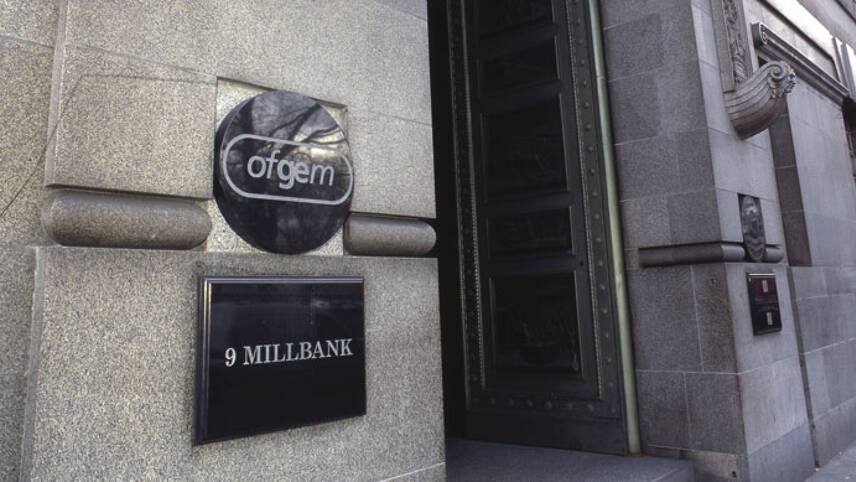Member only content free until 26/05/2024
To continue reading this article and enjoying free access to all Utility Week’s content up to the 26/05/2024 Register today!
Ready to become a member?

Ofgem should disprove case for market intervention, say former regulators
Ofgem’s chief executive has been urged to challenge government’s conviction that price regulation is required to protect against consumer detriment in the energy market.
A group of former regulators, led by Stephen Littlechild, have written to Dermot Nolan to set out a case for rebutting the price cap.
Their intervention follows another letter to Nolan, sent by energy secretary Greg Clark last week, which tasked Ofgem with advising on how best to implement a “safeguard tariff”.
“We write following the Secretary of State’s letter to you of 21 June 2017,” said Littlechild’s missive.
“The Secretary of State notes that various political parties have proposed price protection for various types of energy consumers. He suggests that endorsement of “this approach” by the electorate constitutes good reason to proceed without delay.
“However, the party manifestos proposed more than a dozen different energy measures, including many to assist customers. At least two parties did not advocate a price cap (one of these parties reportedly describing the Conservative policy as “pure economic illiteracy”). And several parties proposed price protection simply as a transitional stage to reintroducing public ownership.”
Littlechild therefore suggested that Ofgem, “guided by its statutory duties and by the evidence available, should first consider carefully whether there is in fact a case for further restrictive regulatory intervention”.
This advice was followed by extensive notes reviewing the dynamics of the energy retail market, and a critique of the Competition and Market’s Authority’s “implausible” claim that consumer detriment currently amounts to around £1.4bn a year.
Littlechild and his peers concluded that “the domestic retail energy sector is not characterised either by excess profits or by differential prices that indicate market power. Neither absolute nor relative price caps are justified”.
Littlechild and his peers did not, however, argue that there is no cause for concern about the way the energy retail market operates.
They pointed to two key issues which Ofgem should address, instead of focussing on price regulation.
The first relates to the increasing impact of environmental and social costs on energy bills. The second, to the inability of vulnerable customers to “take full advantage of the lowest prices that the competitive retail market has to offer”.
On the first point, Littlechild urged Ofgem “to give priority to explaining previous and prospective energy price increases.” He also welcomed the Conservative party manifesto commitment to an independent review into the cost of energy.
With regards to vulnerability, Littlechild said Ofgem should push further with existing and planned protection measures, including requiring suppliers to offer social tariffs and ensuring government schemes like the Warm Home Discount and the Winter Fuel Payment are delivered effectively.
“We also urge Ofgem to consider whether any of its present restrictions might be having an adverse effect on vulnerable customers,” wrote Littlechild. “For example, do the various requirements with respect to best standard variable tariff unduly limit competition via such tariffs? Do the restrictions on direct marketing and price comparison websites limit the ability of third parties to advise and assist vulnerable customers? Do any restrictions or policy guidelines to encourage switching prevent or discourage suppliers from rewarding customer loyalty?”
In it response to Greg Clark’s letter last week, Ofgem issued a statement saying it shares government’s concerns “that the energy market needs to work better for all consumers and that energy companies need to do more to help loyal consumers get a better deal”.
“We will shortly be setting out the work we have underway and further options we can explore in the light of the government’s plans,” it concluded.
Please login or Register to leave a comment.